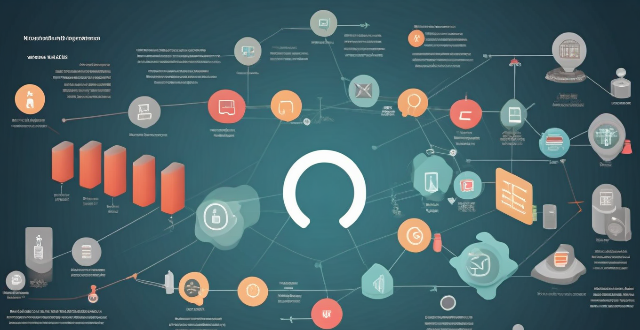The most popular mobile operating systems are Android and iOS, with Android being the most widely used globally. Android is open-source and customizable, while iOS is tightly integrated with Apple's hardware and software. Other mobile operating systems like Windows Phone, BlackBerry OS, and Tizen have much smaller market shares.

The Most Popular Mobile Operating Systems
Mobile operating systems (OS) are the software that powers smartphones and tablets. They manage the device's basic functions, such as making calls, sending text messages, and accessing the internet. There are several mobile OS available in the market, but some have gained more popularity than others due to their features, user interface, and app ecosystem. In this article, we will discuss the most popular mobile operating systems.
Android
Android is the most popular mobile operating system worldwide. It is an open-source platform developed by Google. Here are some key points about Android:
- Open Source: Android is free and open-source, which means it can be modified and distributed by anyone. This has led to a wide variety of devices running on Android, from budget phones to high-end flagships.
- Customizable: Android offers a high level of customization, allowing users to change the look and feel of their devices according to their preferences.
- Google Services: Android devices come with built-in Google services like Gmail, Google Maps, and the Google Play Store, providing a seamless experience for users.
- Fragmentation: Due to its open-source nature, there are many different versions of Android running on various devices, leading to fragmentation in the ecosystem. This can cause compatibility issues for developers and users.
iOS
iOS is the mobile operating system developed by Apple for its iPhone, iPad, and iPod Touch devices. Here are some key points about iOS:
- Integration: iOS is tightly integrated with Apple's hardware and software, providing a smooth and consistent user experience across all Apple devices.
- Security: Apple places a strong emphasis on security and privacy, regularly releasing updates to protect against vulnerabilities and adding new privacy features.
- App Ecosystem: The App Store offers a vast collection of apps and games, many of which are exclusively available on iOS.
- Limited Customization: Compared to Android, iOS offers less customization options, as Apple prefers a more uniform look and feel across all its devices.
Other Mobile Operating Systems
While Android and iOS dominate the market, there are other mobile operating systems available, although they have much smaller market shares. Some examples include:
- Windows Phone: Developed by Microsoft, Windows Phone was designed to provide a unique tile-based interface and tight integration with Microsoft services. However, it failed to gain significant market share and was discontinued in 2017.
- BlackBerry OS: BlackBerry OS was used on BlackBerry devices known for their physical keyboards and focus on productivity and security. As the smartphone market shifted towards touchscreen devices, BlackBerry transitioned to using Android on its devices.
- Tizen: Tizen is an open-source platform backed by Samsung and Intel. It is primarily used on Samsung's smartwatches and smart TVs but has also been used on a few smartphones in select markets.
In conclusion, while there are several mobile operating systems available, Android and iOS remain the most popular choices for consumers worldwide due to their extensive app ecosystems, regular updates, and integration with other devices and services.